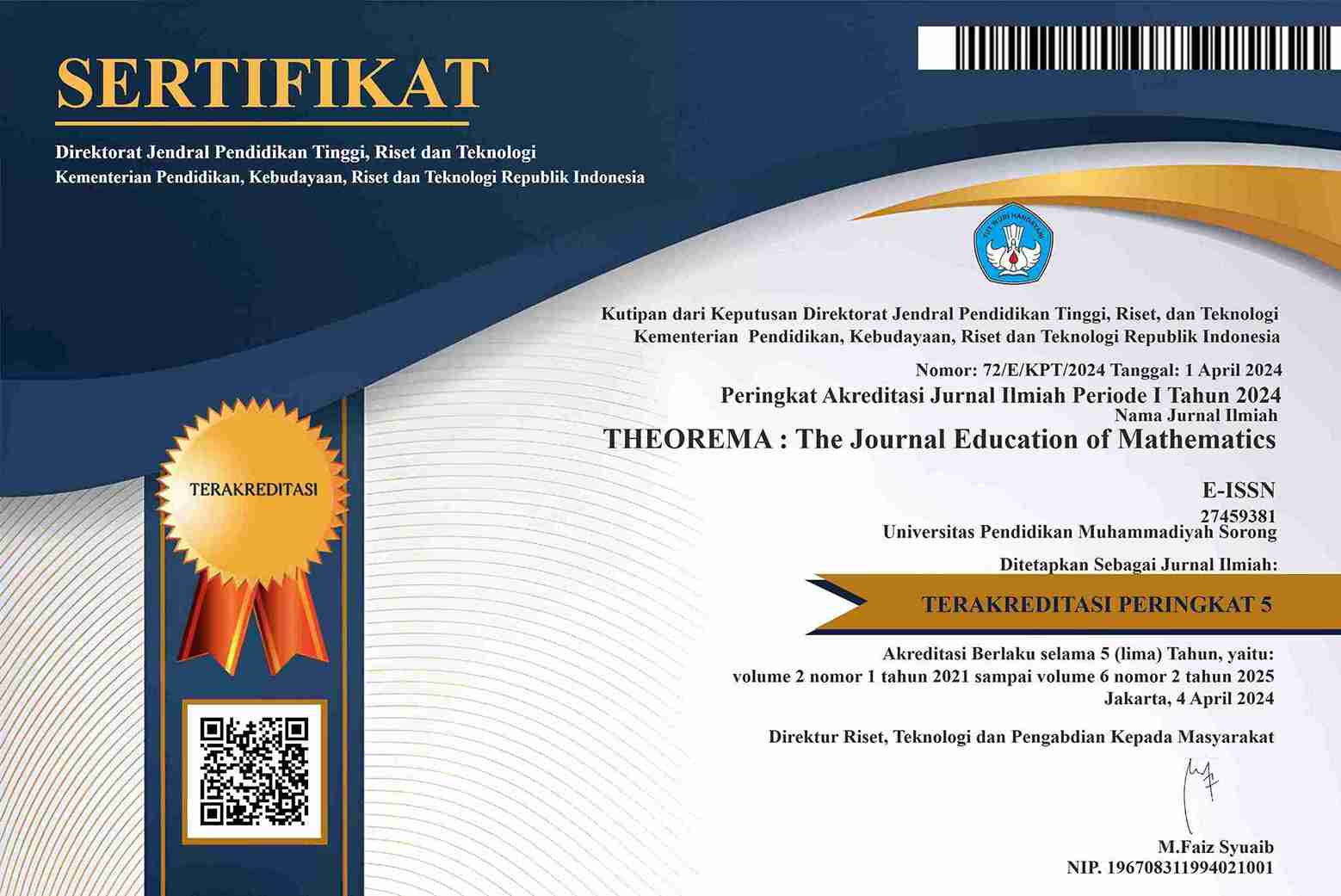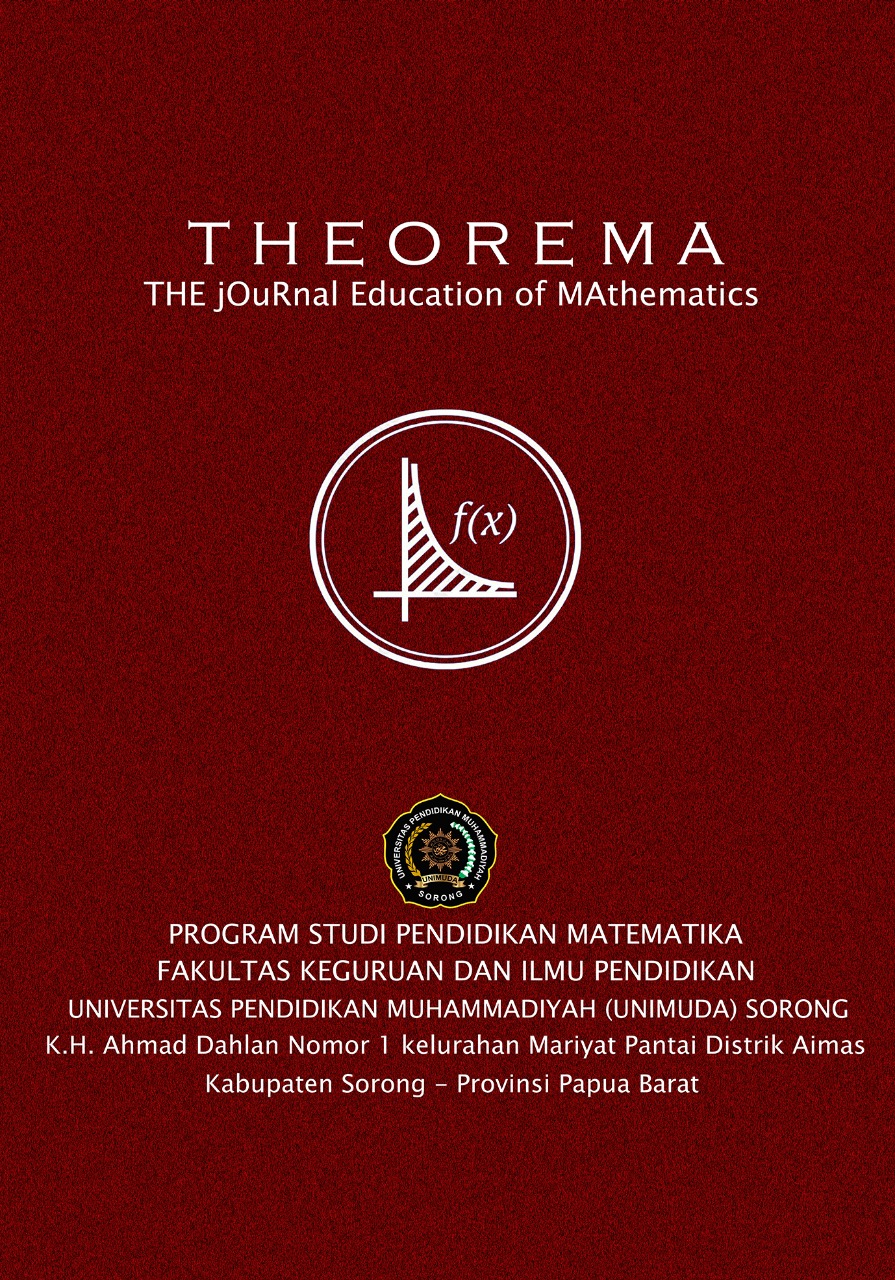Keefektifan Model Pembelajaran Problem Based Learning (PBL) Ditinjau dari Hasil Belajar dan Minat Siswa SMP
Keywords:
learning model, learning outcomes, interest to learnAbstract
This research was conducted to determine the effectiveness of the Problem Based Learning (PBL) learning model in terms of the learning outcomes and interests of students at SMP N 7 Sorong City. The type of research used is Quasi Experimental Design or quasi-experiment. The quasi-experiment is Pretest Posttest Nonequivalent Control Group Design. Where, in this study two classes were used, namely, the control class and the experimental class. The design used is to provide a pretest and initial interest questionnaire before being given treatment and a posttest and final interest questionnaire after being given a treatment. The population used in this research were students at SMP 7 Sorong City with a sample of class VIIC and Class VIID with a total of 52 students. In testing, researchers used the MANOVA test to see any differences, then carried out the N-Gain Score test to determine the effectiveness of the PBL learning model. From the results of the research carried out, the final result was that the Problem Based Learning (PBL) learning model was effective in terms of the learning outcomes and interests of junior high school students.







